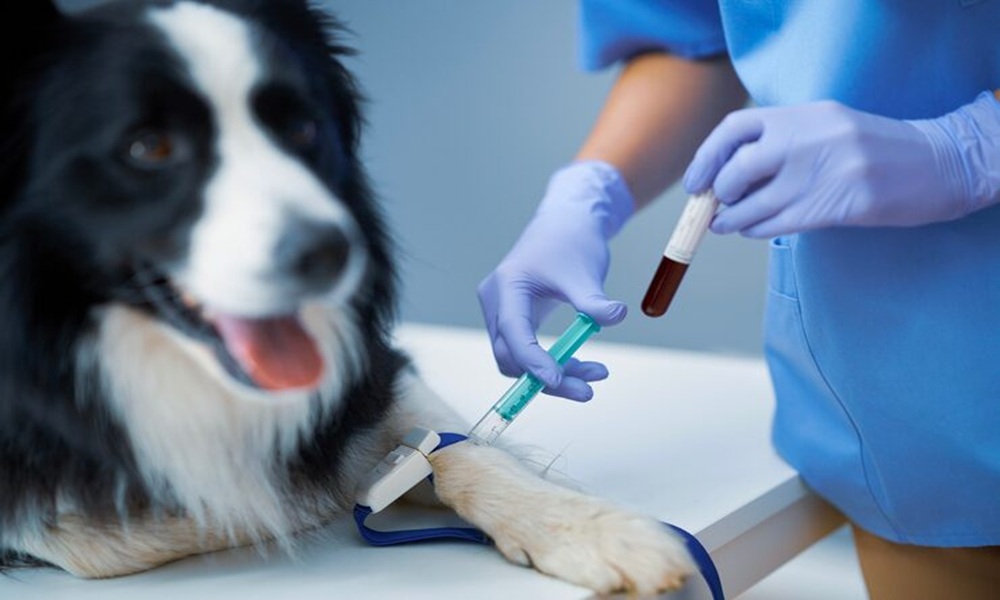While hematology focuses on the blood cells themselves, biochemistry tests for dogs
evaluate the organs and metabolic processes. These tests measure enzymes, electrolytes,
glucose, liver and kidney function, and more. Combined, hematology and biochemistry tests provide a full health profile that helps your vet make accurate, timely diagnoses.
Some common conditions identified by biochemistry tests include:
● Liver disease
● Kidney dysfunction
● Diabetes
● Pancreatitis
● Electrolyte imbalances
Regular testing can catch these issues early, even when your dog appears perfectly healthy.
When Should You Get a Blood Test for Your Dog?
It’s a good idea to run blood tests during:
● Annual wellness exams
● Pre-surgical evaluations
● Unexplained symptoms
● Monitoring chronic conditions
Even if your pet is young and energetic, routine testing ensures there are no hidden health
problems developing quietly.



